An ambiguous employee handbook may alter the at-will relationship between an employer and employee.
In New Jersey, most employees are classified as “at will.” This means that either the employee or their employer may end the employment relationship at any time, for any legal reason, with or without notice or cause. If the parties enter into an employment contract, however, the terms of that agreement govern the conditions of employment and termination. Both parties are bound by the terms of the contract and can be liable if there is a breach.
Although most employment contracts are intentional, express agreements, usually memorialized in writing, there are some situations where courts may recognize an implied contract. One is now known as a “Woolley” situation after the plaintiff in an important case, Woolley v. Hoffmann-La Roche, Inc., 99 N.J. 284 (1985).
Richard Woolley worked for his company for several years. When he began his job, he was given an employment manual that explained several ways in which the employment relationship may be terminated. These included layoff, discharge due to performance, disciplinary discharge, retirement, and resignation. Nowhere in the manual was it stated that an employee could be terminated at the will of the employer without cause.
Woolley was later fired without cause, and he sued for wrongful termination. In his case, Woolley argued that by enumerating different methods of termination, his employer had modified the at-will relationship. The New Jersey Supreme Court found that by not listing “discharge without cause” in the employee handbook as a possible termination method, the employer created an implied employment contract with Woolley.
Although Woolley’s employer continued to argue that it never intended to form such a contract, the Court concluded that the ambiguous language could imply a contract: in exchange for Woolley’s continued work, his employer provided him with job security, thereby creating a valid contract.
The New Jersey Supreme Court also gave employers an important piece of advice in the Wooley case to avoid accidentally creating promises in handbooks or other employment documents. It stated that a simple disclaimer could have avoided this type of confusion as to whether a contract or promise exists. In order to be sufficient, however, such a disclaimer must be clear and prominent, not misleading or confusing.
Overall, the Woolley case protects New Jersey workers. The court’s decision means that employers cannot mislead their employees or make promises that they do not intend to keep. Unfortunately, sometimes it can be difficult for an employee to understand all of the terms and conditions of an employment contract or employee handbook and how it may affect your rights.
If you need assistance in understanding the terms of your employment agreement, an experienced attorney can help. By understanding your rights, you can better protect yourself against illegal employment practices. Furthermore, if you have been treated unfairly or illegally, a knowledgeable employment lawyer can help you exercise your rights by filing a complaint or lawsuit against your employer.


